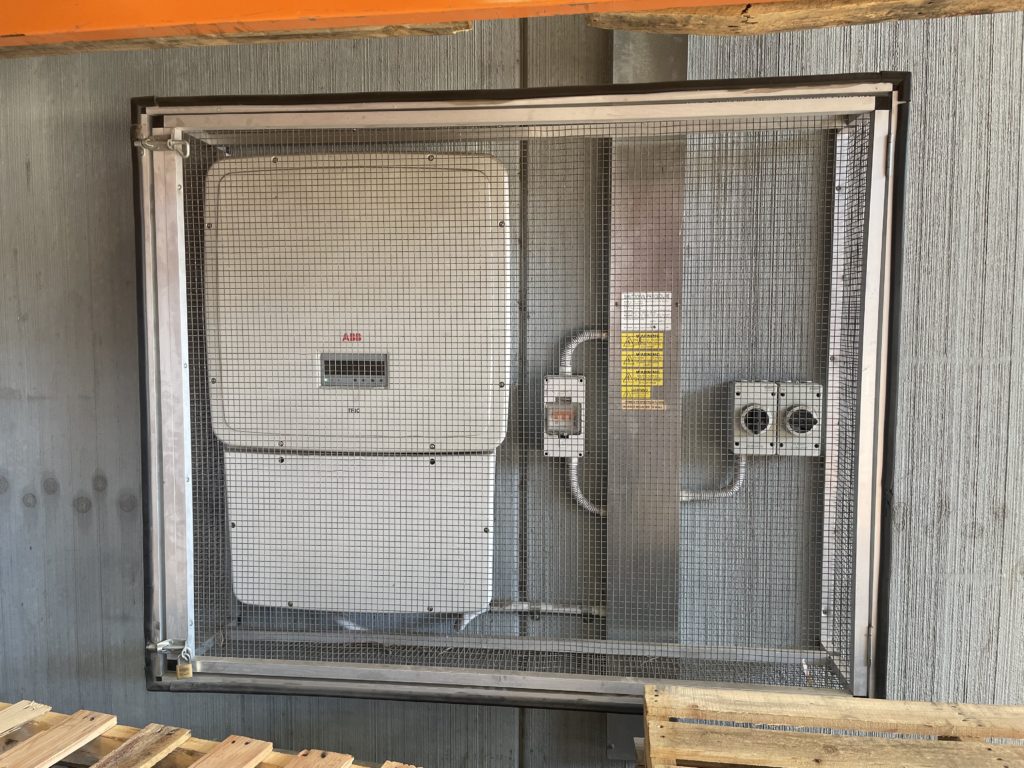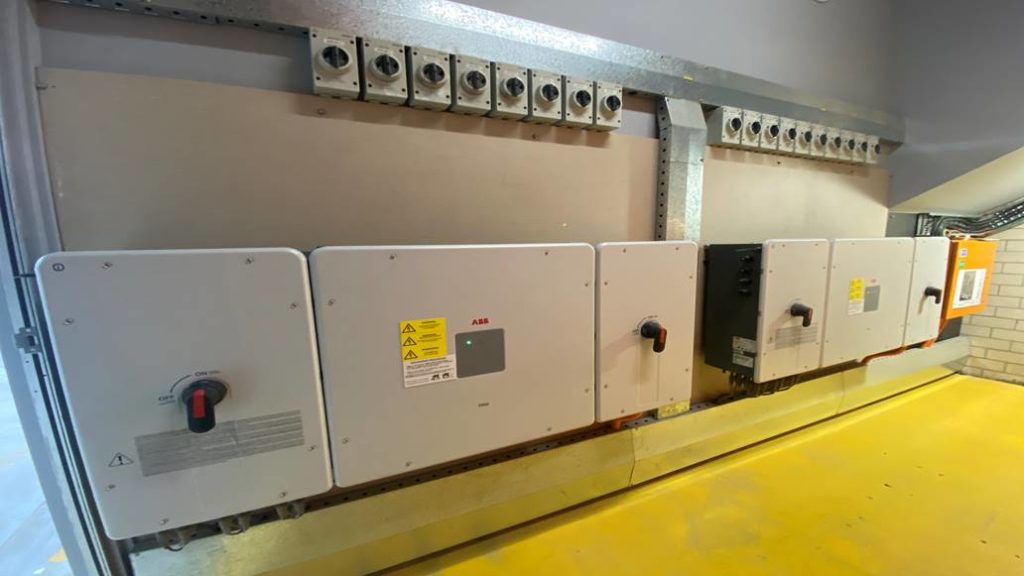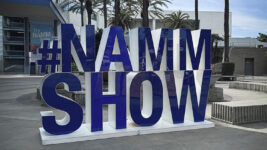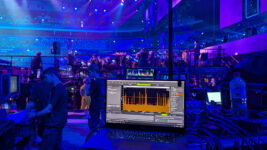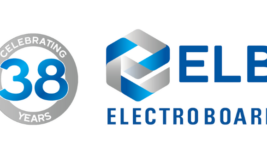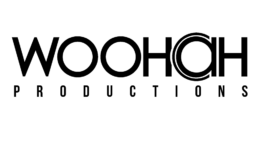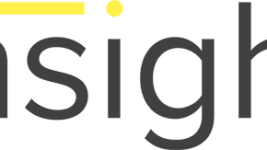News
2 Feb 2022
It’s Time To Switch To Solar
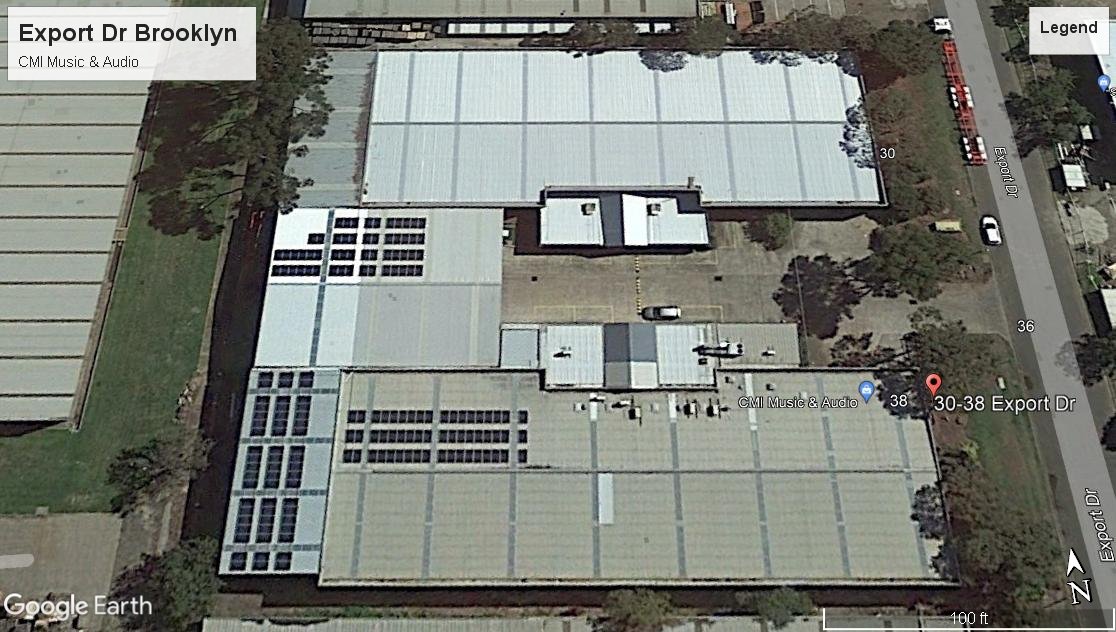
Subscribe to CX E-News
As Andy Stewart pointed out in the Dec 2021 edition of CX Magazine, installing solar power generation for your business is “the easiest form of income your business could ever receive. All you have to do every day is convince the sun to rise. It’s like an employee that you never have to pay, and from whom there is never a single complaint. It’s a total no-brainer. Any Australian business that hasn’t considered where their power comes from, how they might use less or generate at least some of it themselves via a renewable energy system… is frankly, missing out financially.”
With Andy’s studio, The Mill, well on the way to becoming self-sufficient in terms of electricity, it’s now adding dollars to his bottom line in the form of untaxable passive income. Andy has calculated that since he installed his first solar system back in 2008, it has “paid for itself about six times over (not including inflation). By my calculations, that’s about 35 grand… for doing zip.”
This has sparked a broader conversation in the industry as a whole. I spoke with two distributors, running their own warehouses and offices, that have gone down the same path, with undeniable environmental and financial results.
Peter Trojkovic, CEO & Executive Director of CMI Music and Audio
Both pro audio and MI wholesalers, CMI are best known to the CX readership as distributors of HARMAN (JBL, dbx, Soundcraft, Crown, AKG, Lexicon) as well as Adamson, Fohhn, OptoCore, and Tascam. CMI started going green back in 2013 by replacing all of the lighting at their Brooklyn, Victoria HQ with LED. That one change dropped their power bills by 30%, which they’ve been tracking ever since.
After watching the technology develop and analysing the economics as they changed, CMI made the leap to generating electricity with their own solar panels in 2018. “I was watching the time it took for a solar system to pay for itself drop and drop over the years,” relates Peter Trojkovic. “We made the decision to invest when that period hit around five years. It’s now down to four years or less.”
CMI opted for a 57kW system which produces much more than their needs at this stage. Panels are installed on the rooves of multiple buildings at their site; office, warehouse, and sheds. Since installation, power bills are now on average 40% of what they were in 2013, and that doesn’t even take inflation or electricity price rises into account.
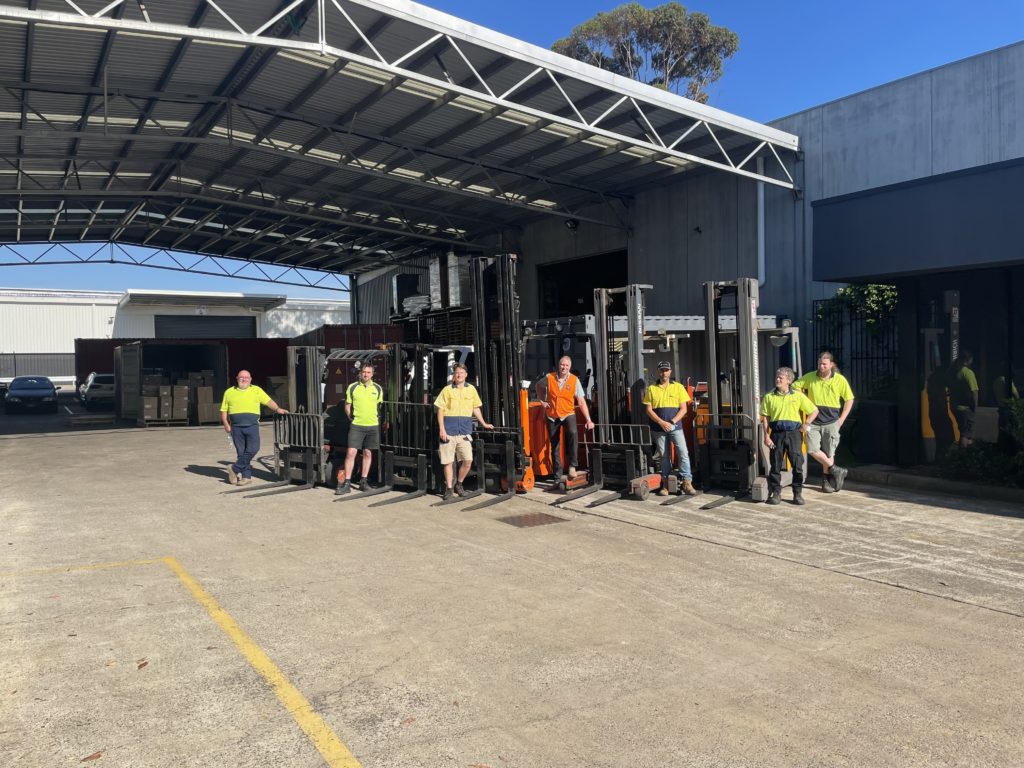
Operating their own offices and warehouse on-site, air conditioning is CMI’s single largest electricity expense. The warehouse runs six forklifts, with five of them electric and recharged from the solar array. The team are currently investigating battery storage options. “We’ve just had the solar system audited to make sure it’s running correctly, and to get recommendations for battery back-up and storage,” adds Peter. “As we’ve paid off the solar array, we can then spend on a battery, and then pay that off. This system is paying for itself as we go along. Our aim is not to need the grid at all, are there’s no reason we shouldn’t be able to do this.”
I asked Peter what to be aware of if you’re considering the move to solar for your business. “Be careful, and get a few quotes,” he advises. “There are, unfortunately, a lot of dodgy operators in the field. Our solar panels are European-made, our inverters are US-made. It’s important to ensure any system you invest in is not cheap garbage. The bottom line is, if you can pay for it over four years, you then get at least another six or more years of electricity free. Now, it wasn’t a cheap exercise, but I felt it was something we had to do as an environmentally responsible organisation. It was a matter of not if, but when.”
Maxwell Twartz, Sales and Marketing Director, TAG
TAG, distributors of QSC, Allen & Heath, Audio-Technica, and Martin Audio, have well-established social responsibility and environmental credentials. After acquiring the title to their Kings Park, NSW warehouse over a year ago, TAG was able to implement its sustainability agenda.
“A big part of that agenda was all solar, all electric, and we were lucky to be able to find a warehouse with a 100kW solar system already installed” explained Max. “After we finally consolidated all of our inventory in one place, TAG now generates enough power to run Kings Park, and offset our HQ in Stanmore, NSW and office in Collingwood, Victoria.”
“We’re actually producing a little more than we use,” Max continues. “All of our warehouse vehicles are electric, and that’s five forks, two WAV pickers, one scrubber, and a sweeper. We’re currently putting in a fast vehicle charger so anyone who pulls in can charge up their EV, be they staff or visitors.”
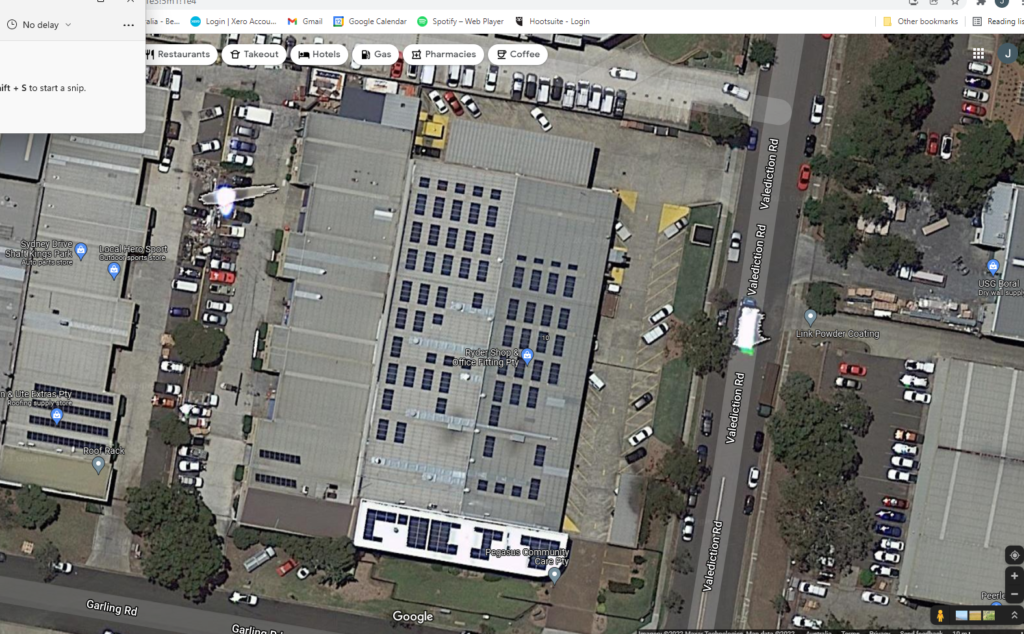
The next step in electrifying their work vehicles is the purchase of an 8-tonne delivery truck from Australian company SEA Electric, who manufacture electric commercial vehicles in Melbourne. “We do a lot of pallet deliveries straight to site,” illustrates Max. “We’ve put the order in to SEA, and we’re expecting delivery in July. They’re cranking out around five trucks a week, getting great reviews and doing a fantastic job. SEA partnered with Hino, and you’re essentially getting a Hino with an electric drive train instead of diesel. They’ve got a 120 km range, which is all you need for Sydney.”
TAG are in a similar research mode to CMI when it comes to battery storage. “We haven’t fully gone down the path to a battery yet,” shares Max. “Lithium batteries are expensive but light, so are great for mobile and portable applications, but you don’t need that in an install. We are starting to see that purchasing second-hand lithium batteries that are end-of-life for vehicle applications and only charge to 50%, for example, might be the way forward. Lead acid batteries are not environmentally great but are another solution. There’s a bit of research and advancement still to go with batteries, but I don’t think the answer is new lithium.”
While TAG are generating more power than they are using and slashing their energy bills, it’s not necessarily about the dollars for Max. “It’s not just an economic argument, it’s a sustainability argument,” asserts Max. “And I think the sustainability is more important. I also encourage anyone to come down to Kings Park and get a free charge of solar in your EV!”
Subscribe
Published monthly since 1991, our famous AV industry magazine is free for download or pay for print. Subscribers also receive CX News, our free weekly email with the latest industry news and jobs.

